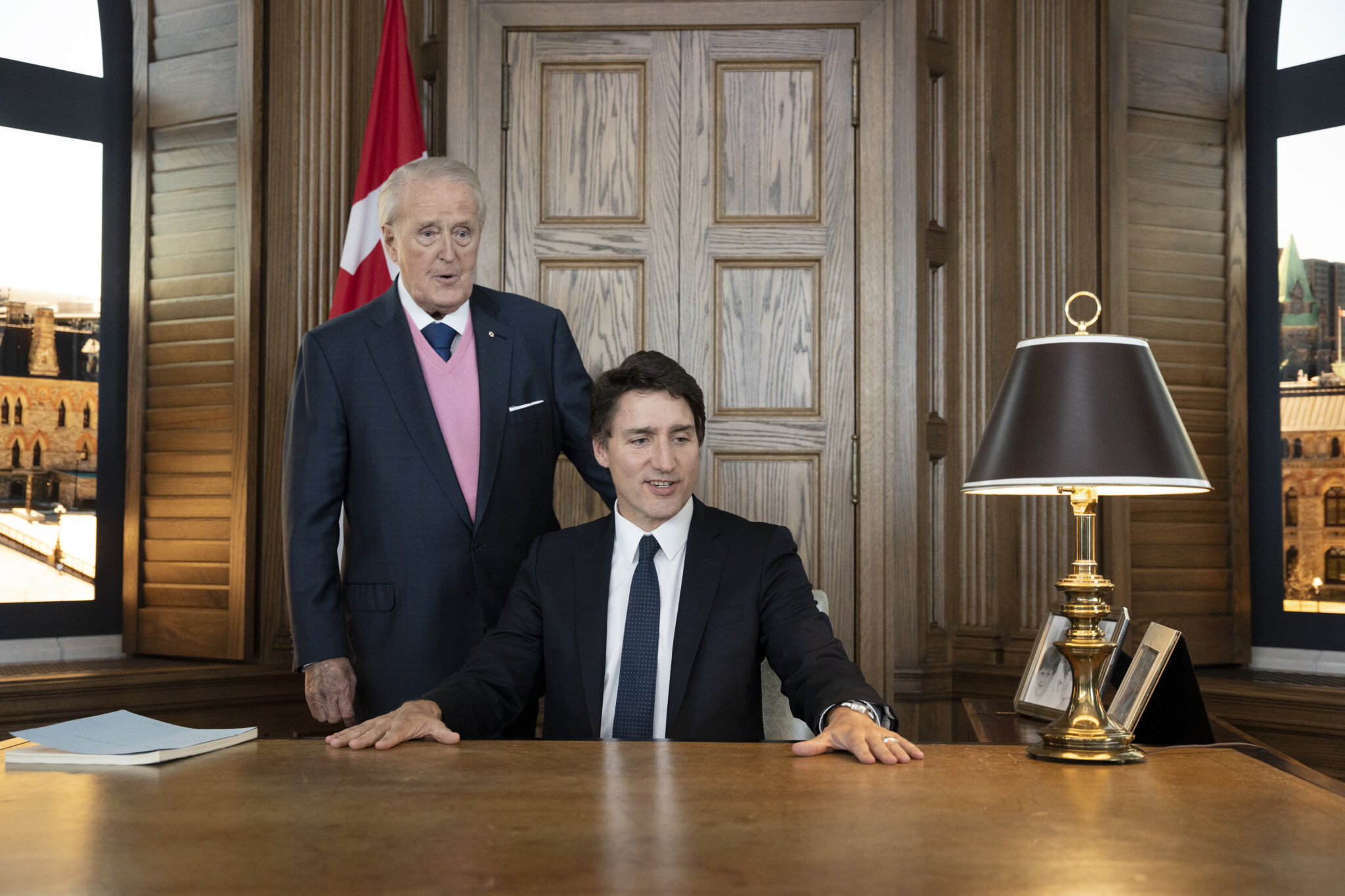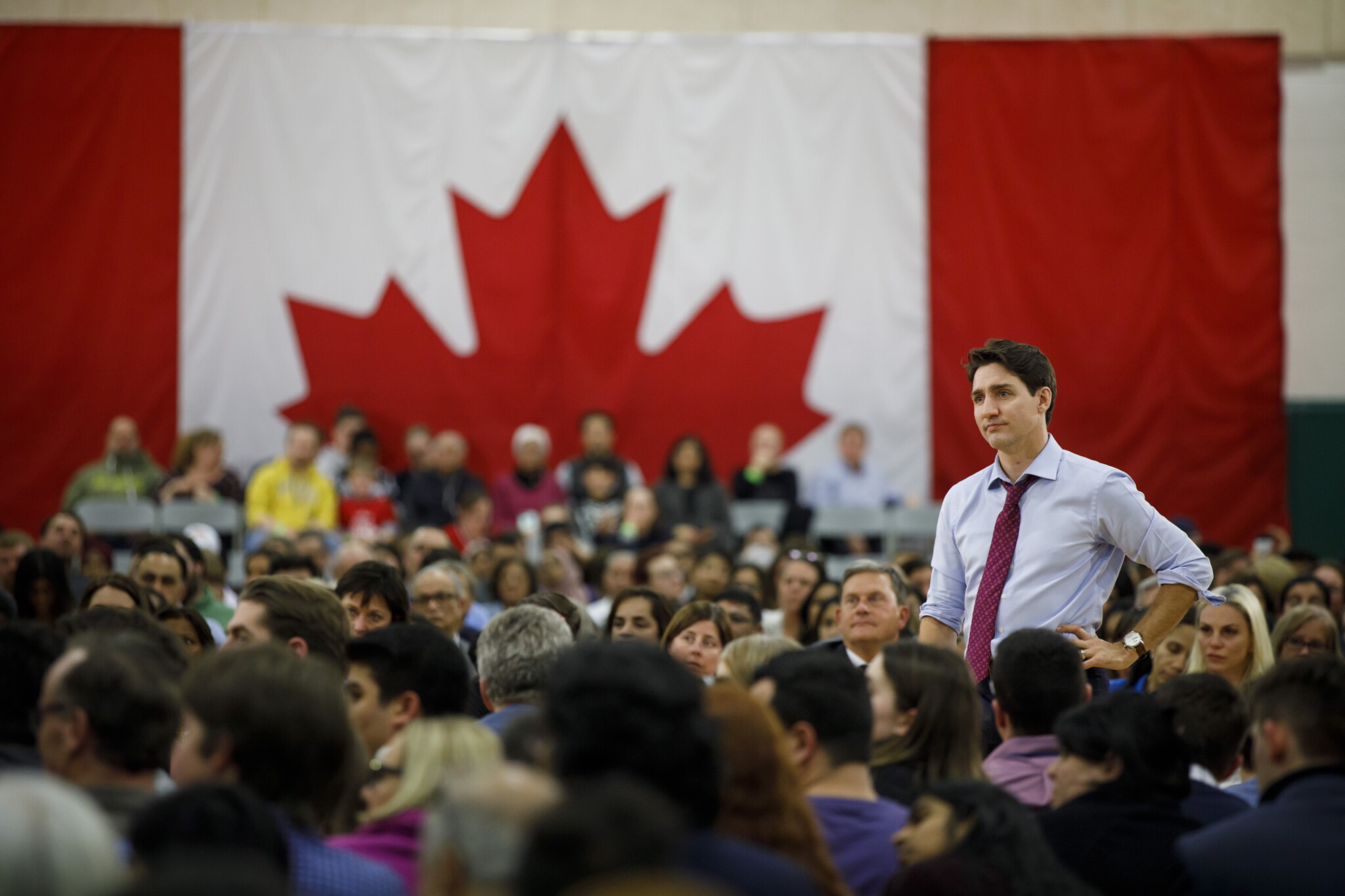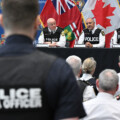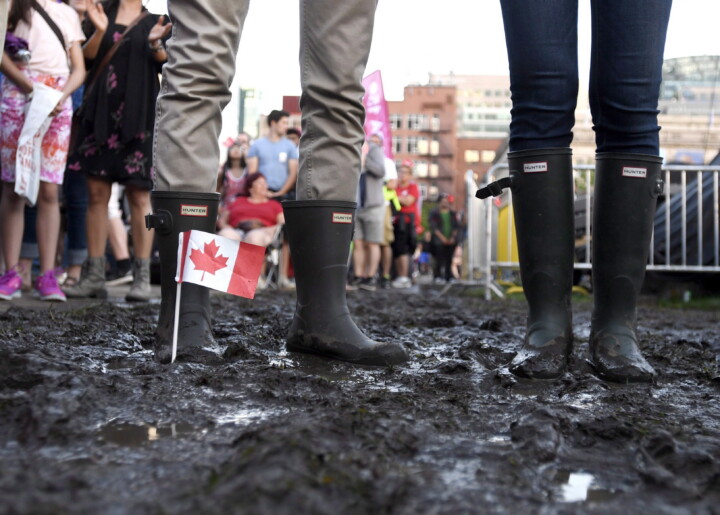Prime Ministers: Distance makes the voter’s heart grow fonder
Sometimes the distance of time can cause the public to rethink its assessment of a politician. Think of Brian Mulroney, who left office in the early 1990s as one of the country’s most unpopular prime ministers, but whose passing earlier this year was marked by widespread hagiography including from me.
Other times it’s the failures of one’s successor that causes people to reassess a politician. New polling tells us that Stephen Harper is in the second category.
Over the past week, the polling firm, Research Co., released the results of its annual survey on the best and worst prime ministers since 1968. Today, Harper is viewed as the second-best prime minister (behind Pierre Trudeau) over this nearly 60 year-period, and the most popular among the recent prime ministers. These results are consistent with a 2023 poll by Pollara. They represent a significant improvement in the estimation of Canadians since Harper’s time in office.
Although there are no doubt various factors at play, including age and partisanship, it seems pretty clear that a major explanation is the unpopularity of Harper’s successor Justin Trudeau. The current prime minister is overwhelmingly viewed as the worst since 1968. That ostensibly has had some contextualizing effect on how Canadians reassess Harper and his legacy.
Even if one accepts that Trudeau’s poor results are influenced by a degree of presentism, they’re in keeping with other polling that shows he’s far more unpopular than his own government. More than 65 percent of Canadians now say that they disapprove of him and his record. To put this in perspective: Donald Trump’s approval rating never fell this low during his tumultuous term in office that involved an impeachment, the COVID-19 pandemic, and a quasi-insurrection.

Prime Minister Justin Trudeau, right, sits behind the desk of former prime minister Brian Mulroney, left, while touring a replica of Mr. Mulroney’s former parliamentary office in Mulroney Hall at St. Francis Xavier University in Antigonish, N.S. on Monday, June 19, 2023. Darren Calabrese/The Canadian Press
The Prime Minister and his supporters can dismiss these results. They can attribute them to forces outside of their control. They can tell themselves that history will validate him. Maybe he’ll be another Mulroney.
But there’s reason to be doubtful. Mulroney’s principal challenge was a time-horizon problem. Many of his signature policies—free trade, privatization, and tax reform for instance—came with short-term pain but long-term gain. There was a good bet that as they were fully implemented, the rewards would eventually manifest themselves.
Trudeau’s problem, by contrast, isn’t really about specific policies per se—perhaps with the exception of the carbon tax and his disastrous immigration record. It mainly stems from a deeper sense that his conception of governing—his assumptions about the economy, public safety, Canada’s role in the world, and identity politics—is wrong.
Canadians are responding to its cumulative outcomes: economic stagnation, a rise in criminality, our diminished global standing, and new sources of division and threats to social cohesion. And it’s far from obvious today which, if any of these, is likely to look different with the passage of time.
The whole experience reminds me of President Jimmy Carter’s famous malaise speech in summer 1979. A key consequence of stagnation and disorder then, like now, was what the president famously described as a “crisis of confidence.” The promise of American society was in doubt just as many now question Canada’s own promise of intergenerational mobility and middle-class dignity.
The chief difference is that Carter sought to confront it, whereas the prime minister has essentially ignored it. His position, including on the margins of this week’s Liberal Party caucus retreat, has amounted to seeming defiance in the face of mounting facts.
Carter’s speech may have ultimately proven unsuccessful but at least he recognized the nature and magnitude of the problem and sought to say and do something different. As Parliament returns next week, the Trudeau government is poised to simply give us more of the same. They’ve said so themselves. There will be no major, new initiatives, no new personnel, no new ideas, no course corrections at all.
The results are therefore similarly bound to be the same. The main beneficiary is likely to be current Conservative leader Pierre Poilievre. Another is Stephen Harper who, in comparison, is suddenly looking better and better these days.

Public Service Alliance of Canada members who are Canada Revenue Agency employees picket outside a CRA office on tax deadline day, in Surrey, B.C., on Monday, May 1, 2023. Darryl Dyck/The Canadian Press
The public class vs. the private class
The past week marked the official return-to-work for federal employees who now must be in the office a minimum of three days per week.
The reaction from public sector unions has been over-the-top to say the least. Not only did they characterize the government’s return-to-work policy as “one of the most anti-labour policies” in Canadian history, but the Public Service Alliance of Canada (the largest federal union) even called on public servants not to frequent downtown Ottawa businesses in protest. (It has since backtracked on these instructions.)








